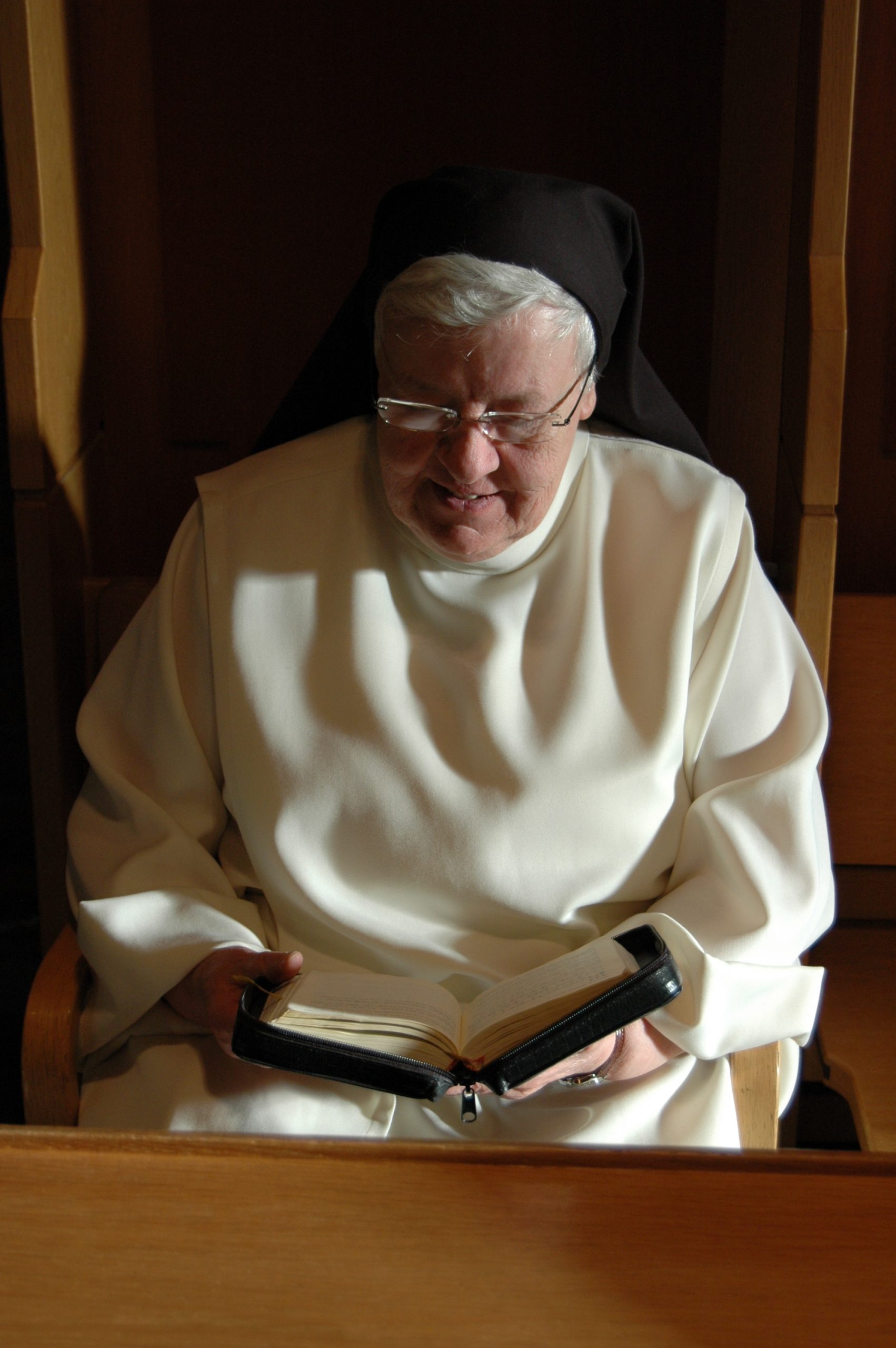11. februar minnes vi Vår Frue av Lourdes og ber spesielt for alle syke.
Kategori: Liturgi/bønn
2. februar: Kyndelsmesse
Les på katolsk.no: Feiring av Ordenslivets dag i Oslo
OBS! Ingen messe mandag 30.1.23.
Mandag 30. januar er det dessverre ingen messe på Lunden.
Resten av uken er messetidene som vanlig.
Saligprisningene
Saligprisningene setter fokus på en rekke tilstander mennesker kan befinne seg i, holdninger eller egenskaper de kan ha, ting som kan skje med dem. Flere av dem tilhører kategorier de fleste kristne føler seg programforpliktet til å utrydde. Vi er i beste fall ambivalente til fattigdom, både åndelig og materiell. Vi ønsker ikke at noen skal sørge og gråte. Vi vil ikke at noen skal behøve å hungre og tørste hverken for mat, drikke eller rettferdighet, og vi vil i alle fall ikke at noen skal bli ydmyket, forfulgt, hånet eller baksnakket. «Stakkars deg!» sier vi. «Salig er du!» sier Jesus. Det er et paradoks. Fortsett å lese «Saligprisningene»
25. januar: Paulus’ omvendelse
Les på vår blogg: Fariseeren som Jesus hadde kjær

